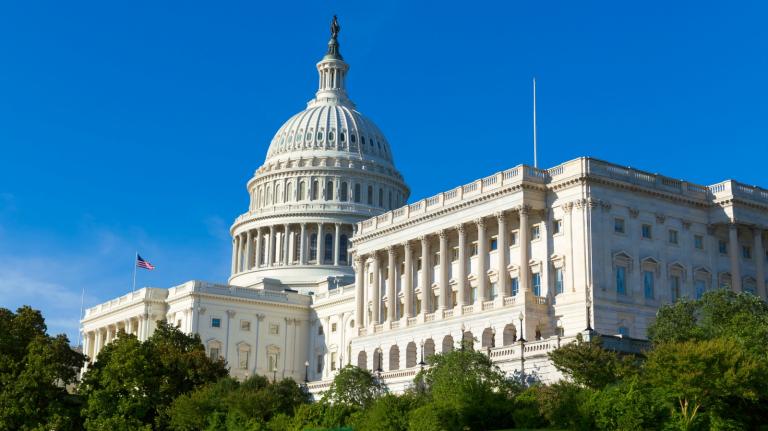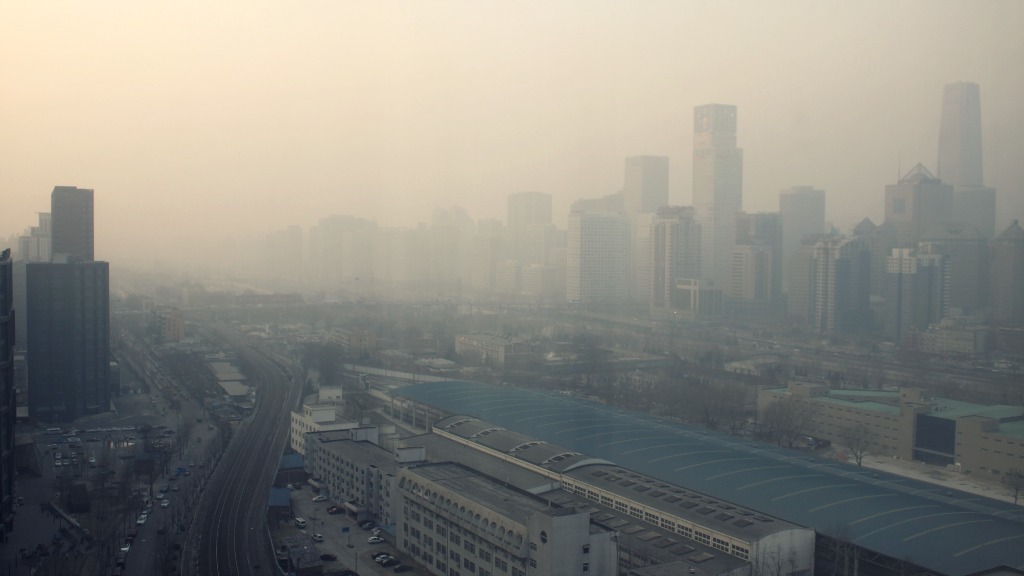We already know that smog causes an array of health ailments, like shortness of breath, wheezing, coughing, and eye, nose, and throat inflammation. Hospital admissions and respiratory deaths are linked to high levels of smog, as are lung cancer, low birth rates, and birth defects. And now, residents of smog-choked cities may have one more thing to worry about: Smog, it seems, could make you fat.
According to a new study, there may be a link between chronic exposure to air pollution and an increased risk of obesity.
Scientists in China took two groups of rats and fed them the same diet. The control group was exposed to clean, filtered air, and the other was exposed to Beijing’s notoriously dirty air. The results, writes Julie Makinen in the L.A. Times, were “eye-popping”:
At the beginning of the experiment, there was no difference in body weight between the pregnant rats in each group. But after 14 days, the rats in the polluted air were 7% heavier, and by day 19, they were 15% chunkier. Their lungs were 25% heavier than the control group, indicating serious inflammation, and likewise their livers were weightier by 16%.
Their LDL cholesterol (that’s the “bad” kind) was 51% higher, their triglycerides were 46% higher, and their total cholesterol was 97% higher than the rats enjoying the filtered air.
As if that wasn’t bad enough, their insulin resistance level, a precursor of Type 2 diabetes, was higher than their counterparts inhaling air cleaned of particulates.
These rats’ babies showed similar issues: Eight weeks after birth, the pollution-exposed female rats were 10% fatter than their clean-air counterparts, while males were 18% chubbier.
Granted, this study was conducted on rats, not humans, but obesity rates in Beijing are increasing as air quality declines. China now has more fat people than anywhere except the U.S., Makinen reports, whereas 30 years ago obesity in China was basically unheard of.
Of course, this could be due to any number of things, including dietary changes. But it’s undeniable that as China has industrialized, the country’s air quality has gotten worse. Just this week, officials in Beijing raised the threshold for issuing “red alerts” for high pollution days because they fear having to issue such alerts too often. And they are considering a plan to build ventilation corridors around the city to improve air circulation.
Whether Beijingers might be getting fatter because of the smog itself or because smog makes it difficult to exercise is unclear, but one thing is for sure: From obesity to asthma to plain old misery, as smog gets worse, so does our well-being.



